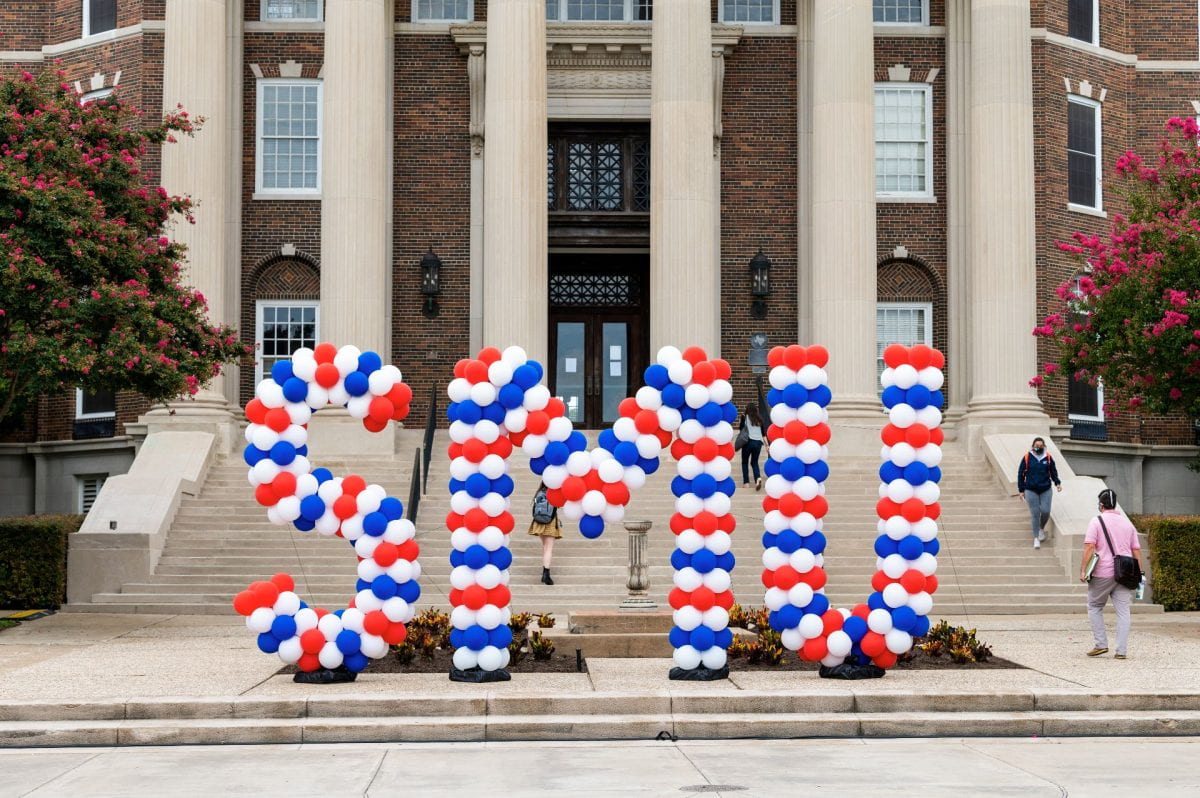As a key partner office to Engage Dallas, the Office of General Education would like to amplify a professional development opportunity for faculty and staff.
We are excited to invite you to participate in our next Engage Dallas Book Club, hosted in collaboration with the SMU Budd Center. This spring our featured book is How to Be An Antiracist by Dr. Ibram X. Kendi.
“Ibram X. Kendi’s concept of antiracism reenergizes and reshapes the conversation about racial justice in America–but even more fundamentally, points us toward liberating new ways of thinking about ourselves and each other. Instead of working with the policies and system we have in place, Kendi asks us to think about what an antiracist society might look like, and how we can play an active role in building it.”
Grab your lunch and join us on Zoom as we discuss ways to pursue antiracism in Dallas and how we can recognize and grow through our own biases.
 |
|
4th Thursday of the Month 12:00-1:30 PM—Virtual |
- February 27, Chapters 1-4
- March 27, Chapters 5-8
- April 24, Chapters 9-13
- May 22, Chapters 14-18



















